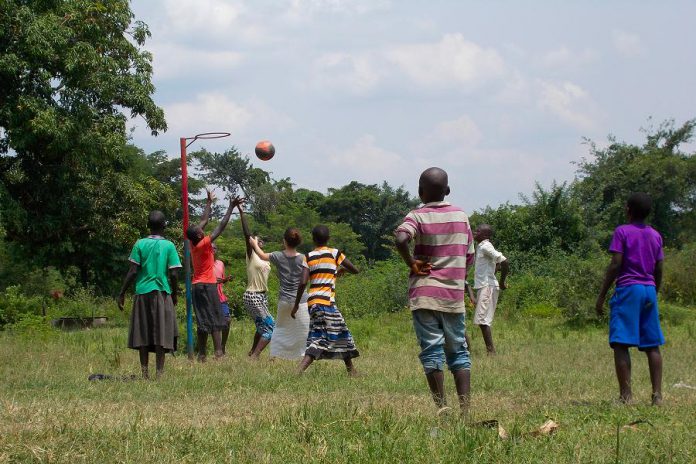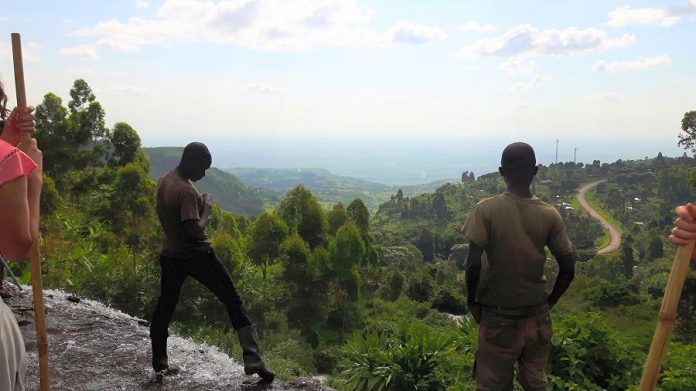
Since June, I have been working for a community-based organization in Jinja, Uganda called Arise and Shine. I am here through the Government of Canada’s International Youth Internship Program. Working in a small yet dynamic non-profit office, I have been exposed to multiple facets of project management, including finding donors (otherwise known as “resource mobilization”).
I have seen how some non-profit organizations are forced to cater to potential donors, tugging at donors’ heart-strings, proving financial accountability, and (often) playing into stereotypes and misconceptions in order to break issues down into bite-size, palatable pieces.
As people gear up for the holiday season, organizations are campaigning for donations. Not all organizations are created equal, and it is important to be purposeful when choosing which organization to donate to. To help navigate, here are some questions to ask.
1. What are you passionate about?
When choosing where to donate, decide what you are passionate about. Environment? Youth? Education? Health care? Disaster response?
Having a target population in mind will be helpful in making sure that your donations match your purpose and you feel satisfied that you are contributing to a greater goal.
2. Where do you want your money to go?
When possible, consider donating to organizations that partner with local organizations overseas (with local staff), as they will be the most knowledgeable about their own community or country.
It is worthwhile doing research to find an organization that is trusted by the communities they work in and have a proven track record.
A bit of work upfront will avoid supporting ineffective organizations, like the American Red Cross, which mis-spent millions of dollars after the earthquake in Haiti (here are recommended organizations to support in Haiti).
3. What type of organizations do you want to donate to?
Some organizations, like World Vision or Plan Canada, focus on hand-outs and fall within a charity model of aid. This can create real change in the lives of individuals; however, it does little to address underlying causes of poverty or oppression.
Instead, look for organizations, such as USC Canada or InterPares, that are involved in advocacy work, work in solidarity with communities, and help hold governments accountable for realizing human rights.
4. How does the organization represent the people they are working with?
Remember the Live Aid video of “Do They Know it’s Christmas Time?” about famine in the “country” of “Africa”? Or the infomercials with children who look sad and have flies in their eyes?
Avoid organizations that play into what is called the “white saviour complex”, using words or phrases such as “save”, “help”, “give hope”, “provide them with”, or “rescue.”
Ask yourself: would this work if it was covering poverty in Canada? Can I hear the voices of people who actually live in that country, or is it all a voice-over? Is there the possibility that there is more to this story? Read up on the Radi-Aid awards for some examples of bad charity ads.
5. What type of donor will you be?
If you can only donate $60 a year, consider donating $5 every month instead. While many organizations solicit for larger one-time donations around Christmas, most organizations provide a monthly donor option.
Becoming a monthly donor is beneficial for organizations because they can plan ahead, as they know how much money they will have each month. It also means that they can dedicate less time to searching for donors and more time running programming or doing advocacy work.
Support organizations that respect the privacy of the people they are helping. Donate to organizations that shows people as more than just their poverty. Give to organizations that respect the rights and dignity of the people they claim to be helping.
For inspiration, here are some really wonderful local and international organizations:
- Kawartha World Issues Centre
- USC Canada
- Inter Pares
- Human Rights Watch
- Greenpeace Canada
- New Canadians Centre Peterborough
- Arise and Shine Uganda
- Victoria International Development Education Association



























